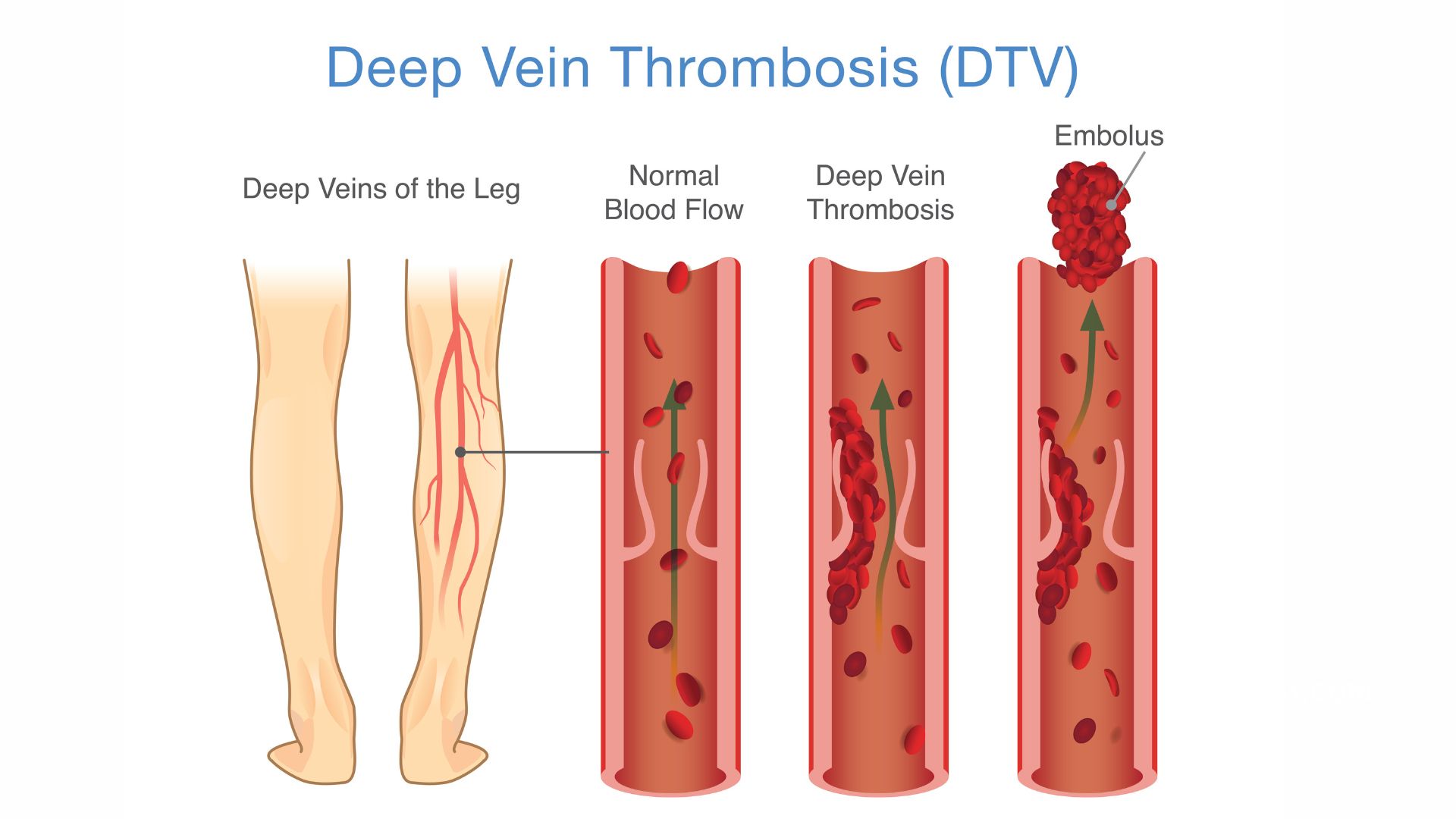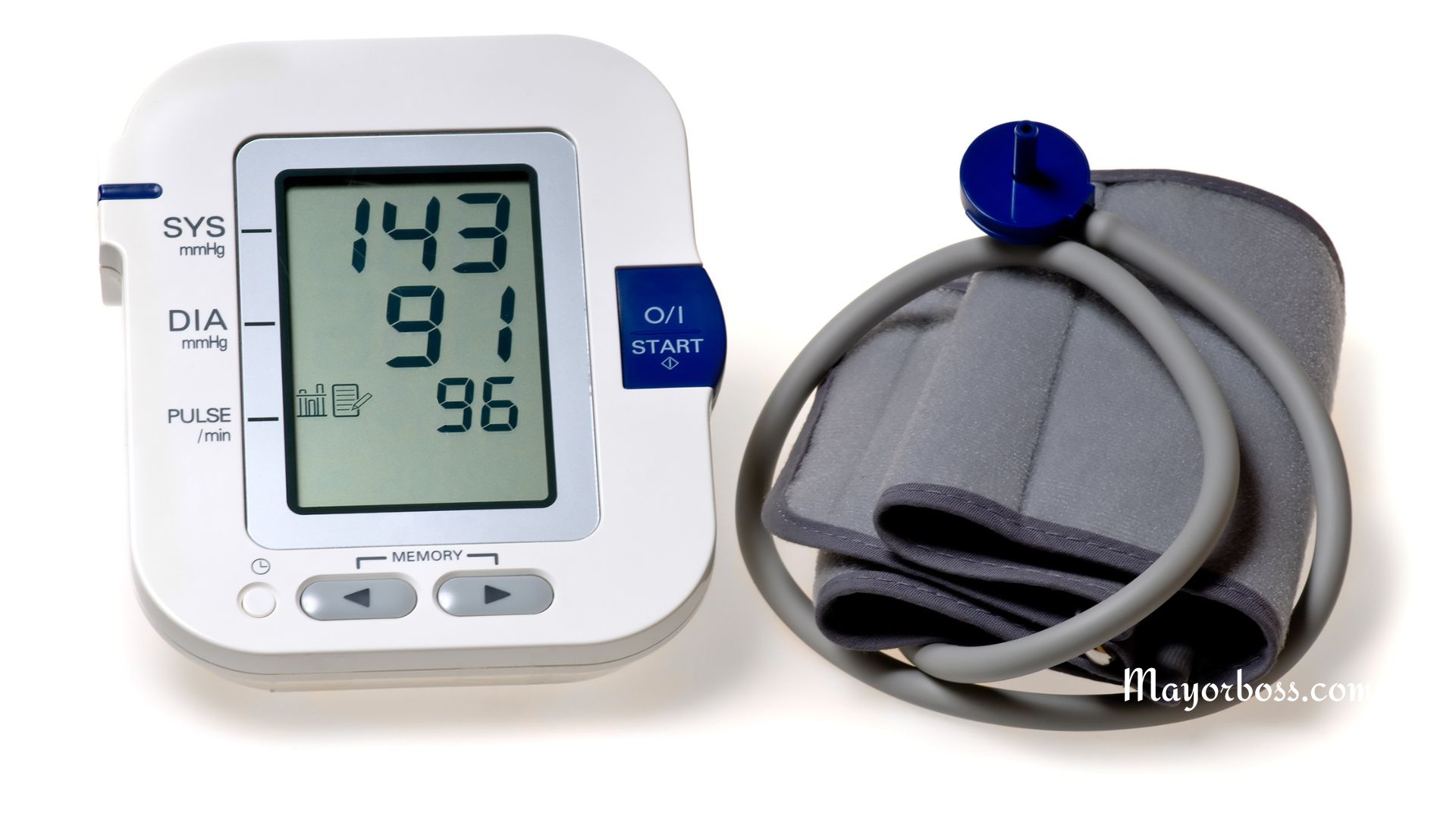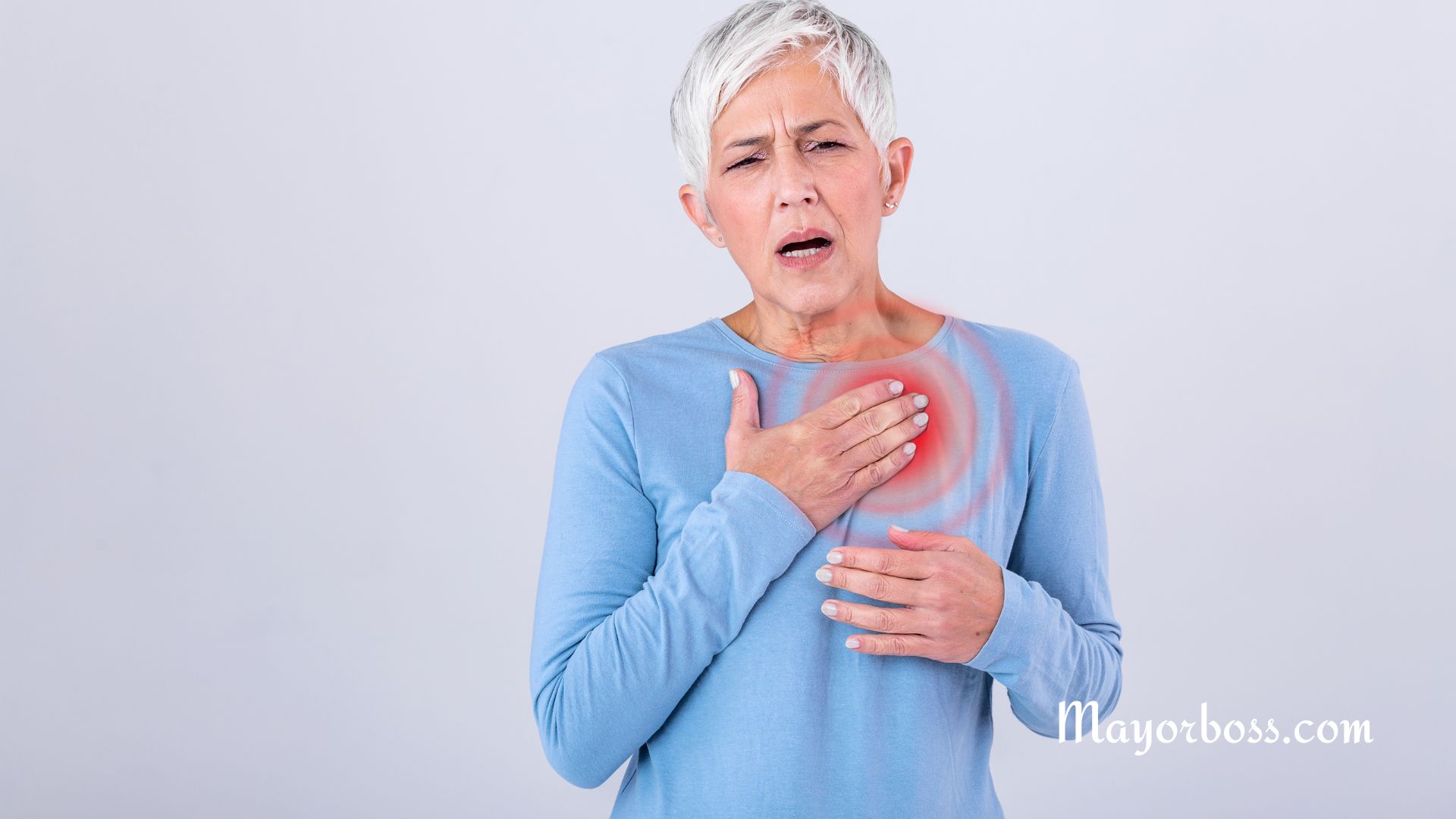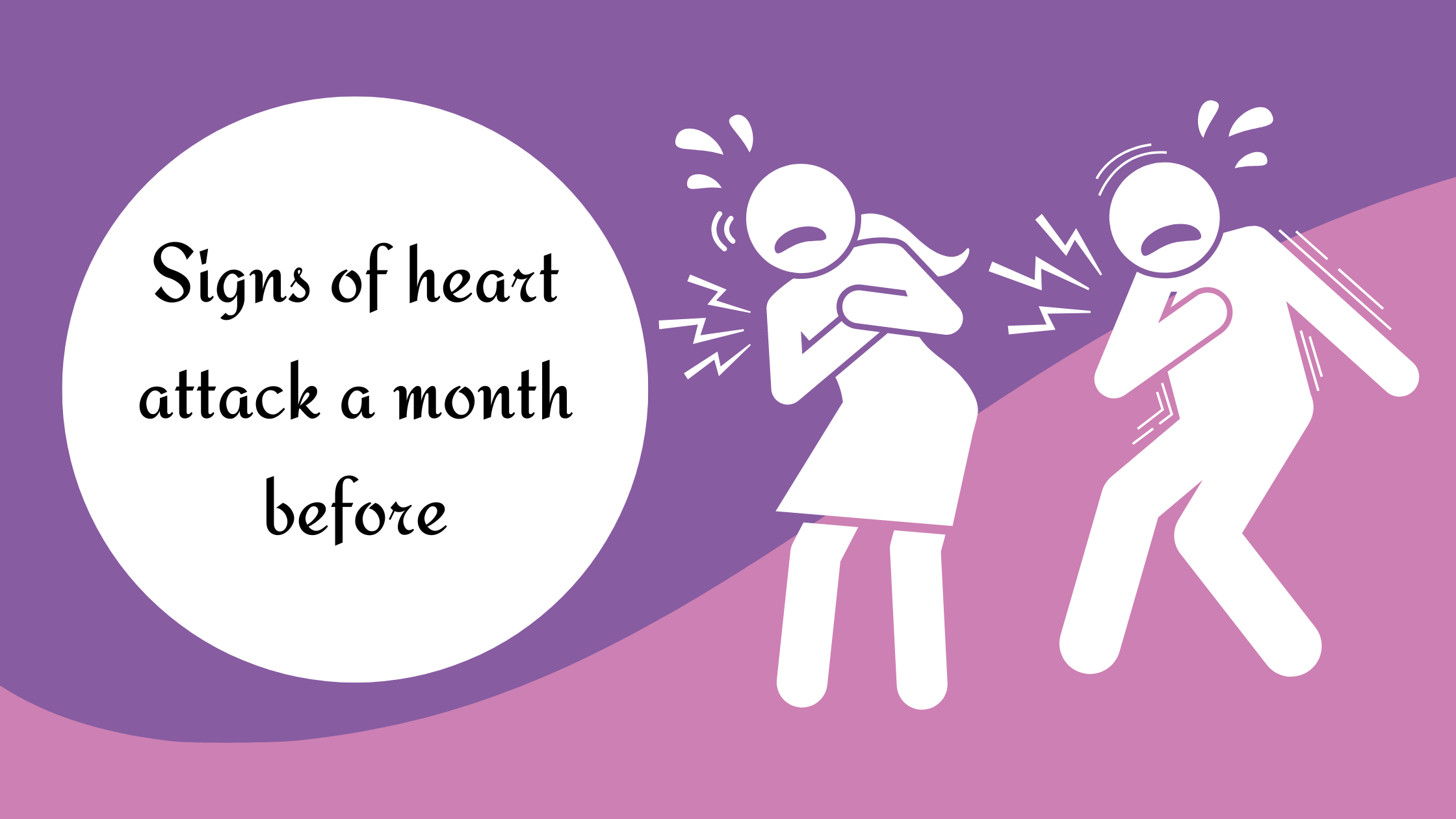Symptoms of Heart Attacks in Women
When you think of a heart attack, you might picture someone clutching their chest in pain. But did you know that heart attack symptoms in women can be different? Yes, it’s true! Spotting these symptoms can save your life or the life of someone you love.
Heart disease is the leading cause of death for women in the United States. Clinically speaking, according to the American Heart Association, 1 in 3 women die from cardiovascular disease each year. That said, in this article, I’m going to explain what you need to know about heart attacks in women.
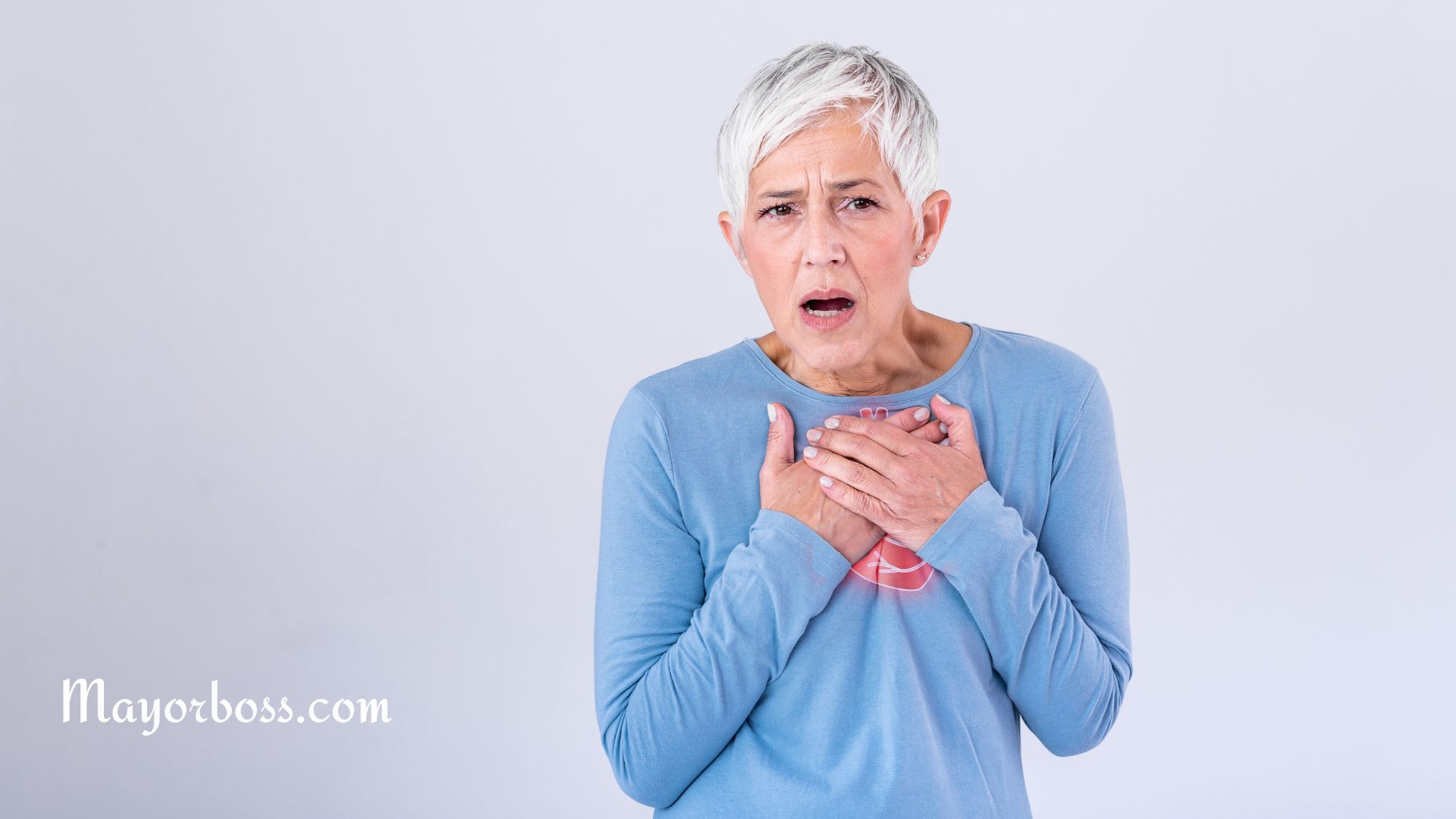
Women often experience different heart attack symptoms than men
Heart attacks don’t always come with that dramatic chest pain, especially for women. While chest pain or discomfort is still the most common symptom for both men and women, women are more likely to experience other symptoms that can be more subtle and easy to dismiss. In fact, many women may not even realize they’re having a heart attack because the signs are so different.
You see, some women experience pressure or tightness in the chest rather than outright pain. This pressure might feel like someone is squeezing their chest or that something heavy is sitting on it. But here’s the thing: it doesn’t always happen. Sometimes, the pain might radiate to the back, neck, jaw, or arms, and it can be easy to confuse this with something less serious, like muscle pain or indigestion. This is why it’s crucial to not brush off symptoms that seem minor.
Heart attacks in women can start with unusual fatigue or sleep disturbances
Have you ever felt so tired that it’s hard to function? While fatigue is a common complaint, extreme fatigue that comes on suddenly and doesn’t have an obvious cause can be a red flag, especially if it’s paired with other symptoms. According to medical experts, many women experience overwhelming fatigue before a heart attack. This fatigue can feel different from regular tiredness because it’s more intense and might even make simple tasks like walking to the bathroom exhausting.
But it doesn’t stop there. Some women report having trouble sleeping in the days or weeks before a heart attack. This might include difficulty falling asleep, waking up frequently during the night, or feeling unusually anxious or restless. If you notice these changes in your sleep patterns along with other symptoms, it’s essential to consider that your heart might be trying to send you a warning.
Shortness of breath and nausea are common heart attack symptoms in women
Have you ever felt out of breath for no apparent reason? Shortness of breath is another symptom that women often experience during a heart attack. It might feel like you can’t catch your breath or that you’re breathing faster than usual, even when you’re at rest. Some women describe it as feeling like they’ve just run on a treadmill when they haven’t even moved.
And then there’s nausea. Feeling sick to your stomach, with or without vomiting, is another symptom that women might experience during a heart attack. This nausea can be mistaken for a stomach bug or indigestion, but when it’s combined with other symptoms like chest discomfort or shortness of breath, it could be something much more serious. In fact, doctors say that women are more likely than men to experience nausea and vomiting as part of a heart attack.
Lightheadedness and cold sweats should not be ignored
If you’ve ever felt lightheaded or dizzy, you know how unsettling it can be. But did you know that these feelings can be a sign of a heart attack? Some women experience lightheadedness or a sensation of being faint during a heart attack. This might come on suddenly and be accompanied by other symptoms like chest discomfort or shortness of breath. It’s one of those symptoms that can be easy to ignore or attribute to something else, but it’s important to take it seriously.
And here’s something else: cold sweats. Breaking out in a cold sweat, especially if it happens without any obvious reason, is another symptom that can occur during a heart attack. This isn’t your typical sweat from being hot or exercising; it’s more like a sudden clammy feeling that can make you feel like something is very wrong. If you experience cold sweats along with other symptoms, you should seek medical attention right away.
Heart attack symptoms can be more subtle in women, but they are just as serious
The bottom line is that heart attacks in women can present differently than in men, and the symptoms can be more subtle. But just because they’re subtle doesn’t mean they’re any less serious. In fact, women are more likely to delay seeking treatment for a heart attack because they don’t spot the symptoms. This delay can be dangerous and even life-threatening.
If you or someone you know is experiencing any of these symptoms, especially if they are new or unusual, don’t wait. Promptly contact your doctor or go to the nearest emergency room.

